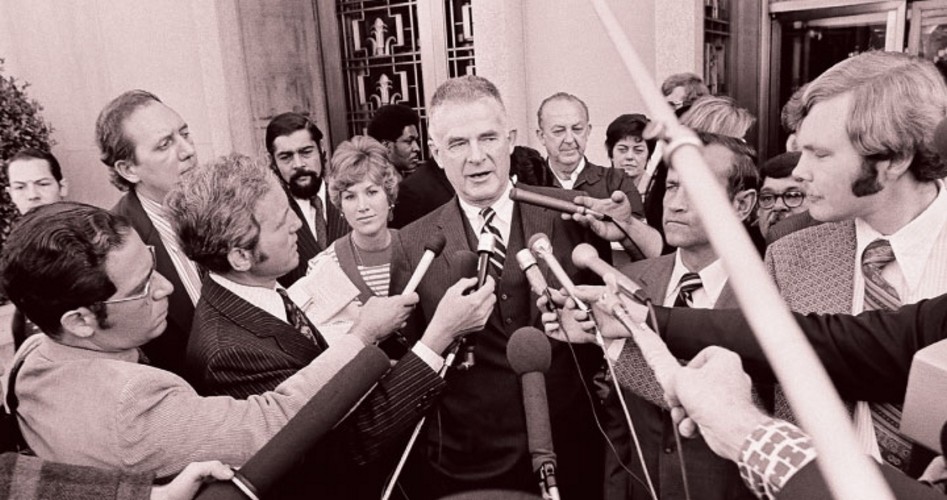The Ugly History of Special Prosecutors
“While the separation of powers may prevent us from righting every wrong, it does so in order to ensure that we do not lose liberty,” said the late Supreme Court Justice Antonin Scalia in his lone dissent in the case Morrison v. Olson, arguing against the constitutionality of the 1978 Independent Counsel statute, which had been enacted in the aftermath of the Watergate scandal.
In 1999, then-Attorney General Janet Reno specifically cited Scalia’s dissent in support of the decision of Congress to allow the law to expire. She said, “I have come to believe — after much reflection and with great reluctance — that [it] is structurally flawed and that those flaws cannot be corrected within our constitutional framework.” In her opinion, which she credited to Scalia’s dissent, the law violated the principle of separation of powers found in the Constitution in that independent counsels were unaccountable and were exercising powers that are plainly within the province of the executive.
Despite the law’s demise, Reno’s Justice Department nevertheless developed procedural regulations to govern the appointment of special counsels, and these regulations remain in the Code of Federal Regulations. The regulations restrict the power of the president to either name or fire the special counsel, leaving that authority in the hands of the attorney general, who must cite a “good cause” to terminate the appointment.
JBS Member or ShopJBS.org Customer?
Sign in with your ShopJBS.org account username and password or use that login to subscribe.

 Subscribe Now
Subscribe Now
- 24 Issues Per Year
- Digital Edition Access
- Exclusive Subscriber Content
- Audio provided for all articles
- Unlimited access to past issues
- Cancel anytime.
- Renews automatically

 Subscribe Now
Subscribe Now
- 24 Issues Per Year
- Print edition delivery (USA)
*Available Outside USA - Digital Edition Access
- Exclusive Subscriber Content
- Audio provided for all articles
- Unlimited access to past issues
- Cancel anytime.
- Renews automatically


